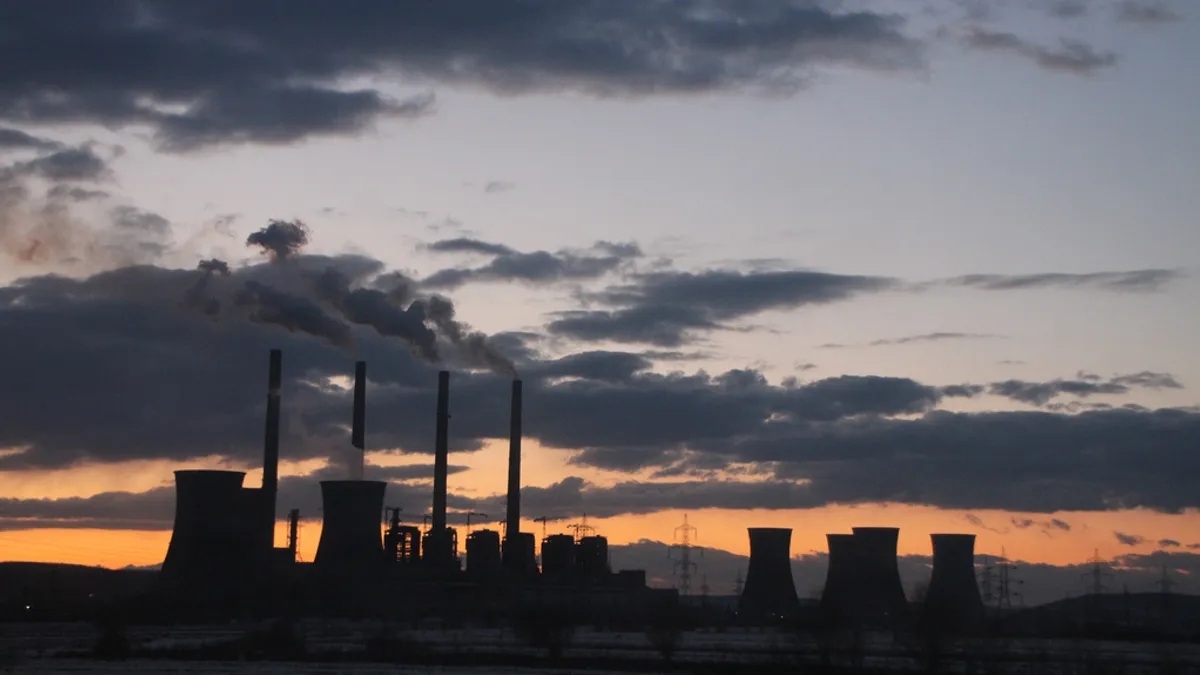Dive Brief:
- Three of the top 20 retail companies — Target, Tesco and CVS Health — are joining Walmart in collecting data from suppliers, seeking ways to cut carbon emissions throughout the supply chain, according to a press release from environmental non-profit group CDP provided to Supply Chain Dive.
- In total, 115 organizations are collecting data on water security, deforestation, climate change and more from over 11,500 suppliers, compared to 99 organizations in 2017.
- Carbon and greenhouse gas emissions in the supply chain are on average four times greater than the emissions resulting from a company's direct operations, CDP said.
Dive Insight:
Walmart was one of the major retailers at the forefront of working with suppliers to cut carbon emissions in its supply chain. The retailer has been requesting supplier data for ten years, and it launched Project Gigaton in April 2017. While other retailers have made strides in reducing emissions within the four walls, they're recognizing the role supplier collaboration can play in boosting sustainability.
"Last year, suppliers reported 1000s of ideas to purchasers as to how they could work together to improve environmental impact in the supply chain," Sonya Bhonsle, head of supply chain at CDP, told Supply Chain Dive in an email. "This type of collaboration fosters efficiency and innovation which benefits both sides of the buyer-supplier relationship."
For retail and consumer-facing businesses, emissions in the supply chain can be up to seven times greater that a company's direct emissions, she said. Many of the supply chain emissions stem from manufacturing of raw materials into finished goods and the transportation and distribution of products.
Reducing emissions upstream in the supply chain begins with transparency into a supplier's operations, and many retailers are taking it a step further, "looking for [vendors] to not only report their annual emissions but show the steps they are taking to reduce them," Bhonsle said.
Insight into a supplier's emission reduction strategies can ultimately help the bottom line. In 2017, Bhonsle said suppliers worldwide reported reductions of 551 million metric tons of carbon dioxide, resulting in $14 billion in cost savings.
CDP recognizes companies tackling climate change, water security and deforestation on its "A list" each year. "Companies on CDP’s Climate A List have outperformed the market by 6% over four years," Bhonsle said. "Unilever and L’Oréal, the only companies to get A’s across CDP’s Climate, Water and Forests A Lists ... have both seen their share price increase over 50% in the last five years."
Maintaining a "green" business strategy is also helpful to brand reputation, especially with socially-conscious consumers concerned about the environmental impact of the goods they buy.
"Retailers and other big companies are often closely linked to what their suppliers do, or do not do, and their environmental performance is a key part of this story," Bhonsle said.













